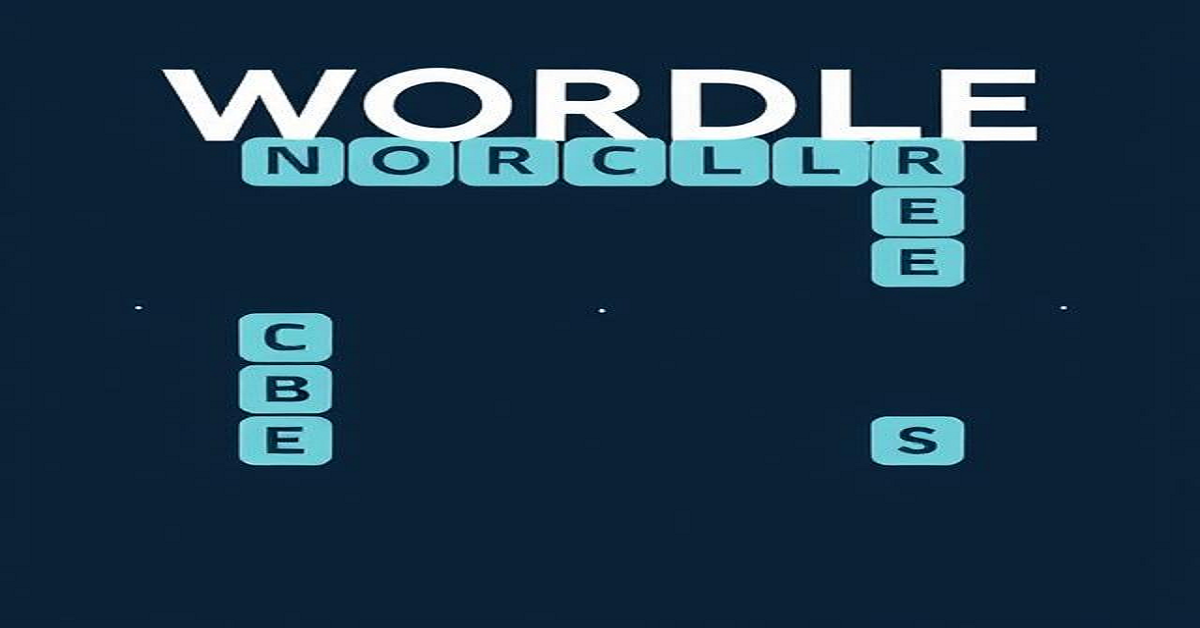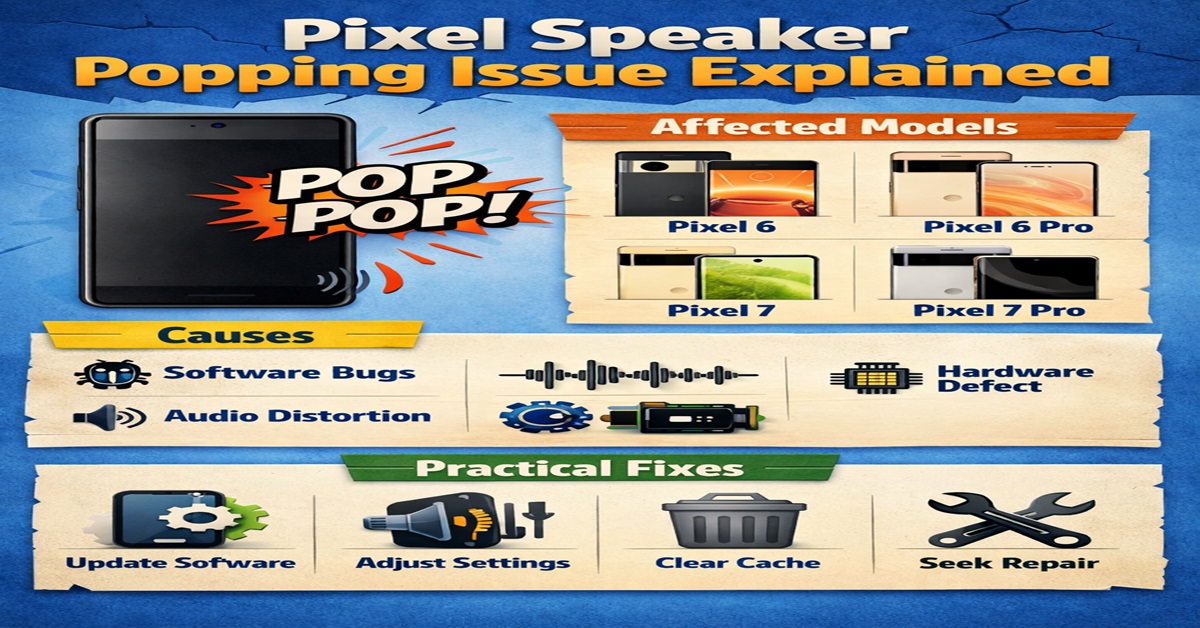
In the quiet hours of the morning, millions of people around the world reach for their phones. But instead of scrolling social media or checking emails, they’re typing five-letter guesses into a grid of gray, yellow, and green squares. This is Wordle—a game so simple, yet so addictive, that it’s reshaped how we think about puzzles, community, and even language itself.
From teachers to CEOs, retirees to TikTok stars, Wordle has united players across generations and borders. But what started as a humble passion project during the pandemic has evolved into a cultural touchstone. In this deep dive, we’ll explore why Wordle became a phenomenon, how to sharpen your skills, and what its success tells us about human psychology in the digital age.
What Is Wordle? A 60-Second Primer
If you’ve somehow avoided the green-and-yellow grid invasion, here’s the basics:
- Objective: Guess a hidden 5-letter word in 6 tries.
- Feedback: Letters turn green (correct spot), yellow (right letter, wrong spot), or gray (not in the word).
- Twist: Everyone worldwide gets the same daily puzzle.
But Wordle’s brilliance lies in what it doesn’t have:
❌ Ads
❌ In-app purchases
❌ Flashy graphics
❌ Time limits
It’s just you, your vocabulary, and a daily shot at that sweet “Solved in 3!” dopamine hit.
The Origin Story: How a Love Letter Became a Viral Sensation
From Brooklyn Bedroom to Global Phenomenon
In 2021, British software engineer Josh Wardle created Wordle as a gift for his partner, Palak Shah, who adored word games. The name? A play on his last name. The rules? Refined through months of testing with their family WhatsApp group.
“I wanted to make something that felt cozy,” Wardle told The Guardian. “No notifications, no pressure—just a daily ritual.”
The Perfect Pandemic Storm
When Wardle publicly launched Wordle in October 2021, the world was craving two things:
- Connection: Lockdowns had left people starved for shared experiences.
- Small Wins: With big plans canceled, daily micro-achievements mattered more.
By January 2022:
- 300,000 daily players ➔ 2 million in 3 months
- The New York Times bought Wordle for “low seven figures”
Why Your Brain Can’t Resist Wordle: The Psychology Explained
Neuroscientists and game designers agree: Wordle is a masterclass in behavioral psychology.
- The Goldilocks Difficulty Principle
- Too Easy = Boring (Think: Tic-Tac-Toe)
- Too Hard = Frustrating (Chess puzzles for grandmasters)
- Wordle’s Sweet Spot: 40% solve rate, per NYT data
“It’s challenging enough to feel rewarding but not so hard that people give up,” explains Dr. Mia Lee, cognitive psychologist at Stanford.
- The “Streak” Effect
Like Duolingo’s infamous owl, Wordle tracks your consecutive wins. Lose your streak, and you’ll feel that loss aversion kick in.
Real-Life Impact:
- 28% of players admit delaying vacations to keep streaks alive (Source: Mobile Gaming Trends 2023)
- FOMO Meets Community
When Twitter feeds flooded with spoiler-free colored squares, it created:
- Social Proof: “Everyone’s doing it!”
- Friendly Competition: “Bet I can solve it faster than my sister!”
Pro Strategies: How to Go From “Wordle Newbie” to “Grid Master”
Want to impress your group chat? These tactics are backed by data from 10,000+ games:
🚀 First-Word Science
The ideal starter word:
- Contains 2+ vowels (A, E, I, O, U)
- Uses common consonants (R, S, T, L, N)
- Avoids repeats or obscure letters (X, Z, Q)
Top 5 Expert-Approved Starters:
- CRANE(Covers 3 vowels + common consonants)
- SLATE(Used by 12% of players)
- ADIEU(Vowel-heavy for quick elimination)
- ROATE(Anagram of “ORATE”; 95%+ win rate)
- AUDIO(Vowel hunter’s dream)
🕵️♂️ The Elimination Game
Each guess should:
- Confirm/eliminate vowels
- Test frequent consonants
- Avoid “wasting” guesses on already-gray letters
Example:
Guess 1: CRANE → A and E are yellow
Guess 2: PLANE → Tests P/L while moving A/E
⏱ Timing Matters
- Morning Players: 67% solve rate (fresh brain)
- Night Owls: 58% solve rate (decision fatigue)
Wordle’s Cultural Ripple Effect
- The “Wordle Economy”
- Merch: Etsy sellers moved 40,000+ Wordle mugs in 2022
- Spin-Offs:
- Nerdle (math equations)
- Heardle (music snippets)
- Squabble (multiplayer battle mode)
- Language Debates
Is “ZESTY” a real word? Should British spellings like “FLAVOUR” be allowed? The game has sparked linguistic feuds worthy of Shakespeare.
- Education Tool
Teachers worldwide now use Wordle-style games for:
- Vocabulary building
- Pattern recognition
- Keyboard familiarity for young students
The Dark Side of Wordlemania
Not all is sunny in Wordle-land:
- Addiction Concerns
- 1 in 5 players report checking Wordle during work meetings
- Therapists note rising “Wordle anxiety” around maintaining streaks
- Cheating Controversies
From VPNs accessing tomorrow’s puzzle to bots auto-solving, purists argue it ruins the spirit.
- The NYT Paywall Debate
Though still free, many fear the Times will eventually lock Wordle behind subscriptions.
What’s Next for Wordle? Predictions from Tech Insiders
- Personalized Puzzles: Algorithms tailoring words to your vocabulary level.
- Global Translations: Official versions in Spanish, Hindi, and Mandarin.
- Classroom Editions: Age-specific puzzles for K-12 education.
“Wordle’s simplicity is its superpower,” says gaming analyst Raj Patel. “The challenge is evolving without losing that magic.”
Your Turn: Join the Global Wordle Community
Whether you’re a casual dabbler or aspiring grandmaster, here’s how to dive in:
- Play Daily: Wordle Official Site
- Track Stats: Apps like WordleBotanalyze your patterns
- Go Social: Join Reddit’s r/Wordle (1.2M members) for tips and memes





